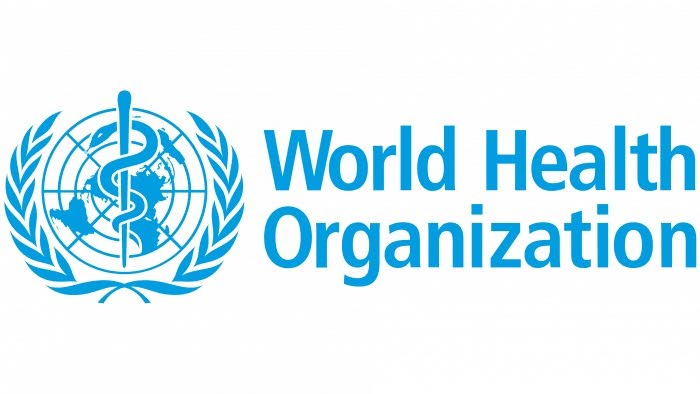Lessons from an older pandemic

DAYS BEFORE this week’s commemoration of World Aids Day, officials of the World Health Organization (WHO) asked China to report urgently on a dramatic surge in respiratory illness in children to the north of that country, as well as “clusters of undiagnosed pneumonia” in Beijing, Liaoning and other places.
Within a day, Chinese officials said the increases were due to the lifting of covid19 restrictions; there was no new disease; the cases were the usual seasonal illnesses associated with winter.
China only ended its tough “zero-covid” approach – in which entire cities were sealed off – a few months ago.
While there was a sigh of relief that no unusual or novel pathogen was detected, the incident highlighted what too many people have been too quick to forget: more deadly pandemics are on the horizon.
As for the covid19 pandemic, while the WHO has said it is, at least for now, no longer a public health emergency, that does not mean the virus has disappeared. Many of the cases in the latest surge in China were covid19.
As the world this week turned its attention back to the need to continue to fight an older pandemic, the similarities between HIV/AIDS and covid19 appeared ever more glaring. There are lessons to be learned from how the first was tackled.
One thing HIV/AIDS and covid19 have in common is that their destructiveness hinges on patterns of social behaviour.
Addressing HIV/AIDS has been a matter of educating people about the dangers of unprotected sex and giving them avenues to assess and minimise risk.
Imagine if the reckless, willy-nilly approach of some to covid19 – including those who saw conspiracies and felt basic precautions like wearing masks were too onerous – had prevailed in relation to HIV/AIDS. Going “back to normal,” that is, to the way things were before the disease emerged, would be disastrous.
As it is, instead, HIV/AIDS can now be an incurable but manageable chronic condition, though there’s still a long way to go. There needs to be more testing, greater access to drugs that prevent transmission and stronger moves to remove stigma. Also, prominently, we need to address the realities of inequality and how they generate wildly different outcomes.
Another thought experiment: imagine if the massive state effort witnessed for covid19 had also been seen in the early outbreak of HIV/AIDS in the 1980s. And imagine if our leaders actually lead when it comes to ending discrimination and the taboos associated with the illness.
For the moment, what was learned from HIV/AIDS should be applied to covid19 and future pandemics, including research towards better understanding of the illness and adequate treatment. In both cases, the approach of putting one’s head in the sand and pretending the disease has gone away can only lead to disaster.


Comments
"Lessons from an older pandemic"